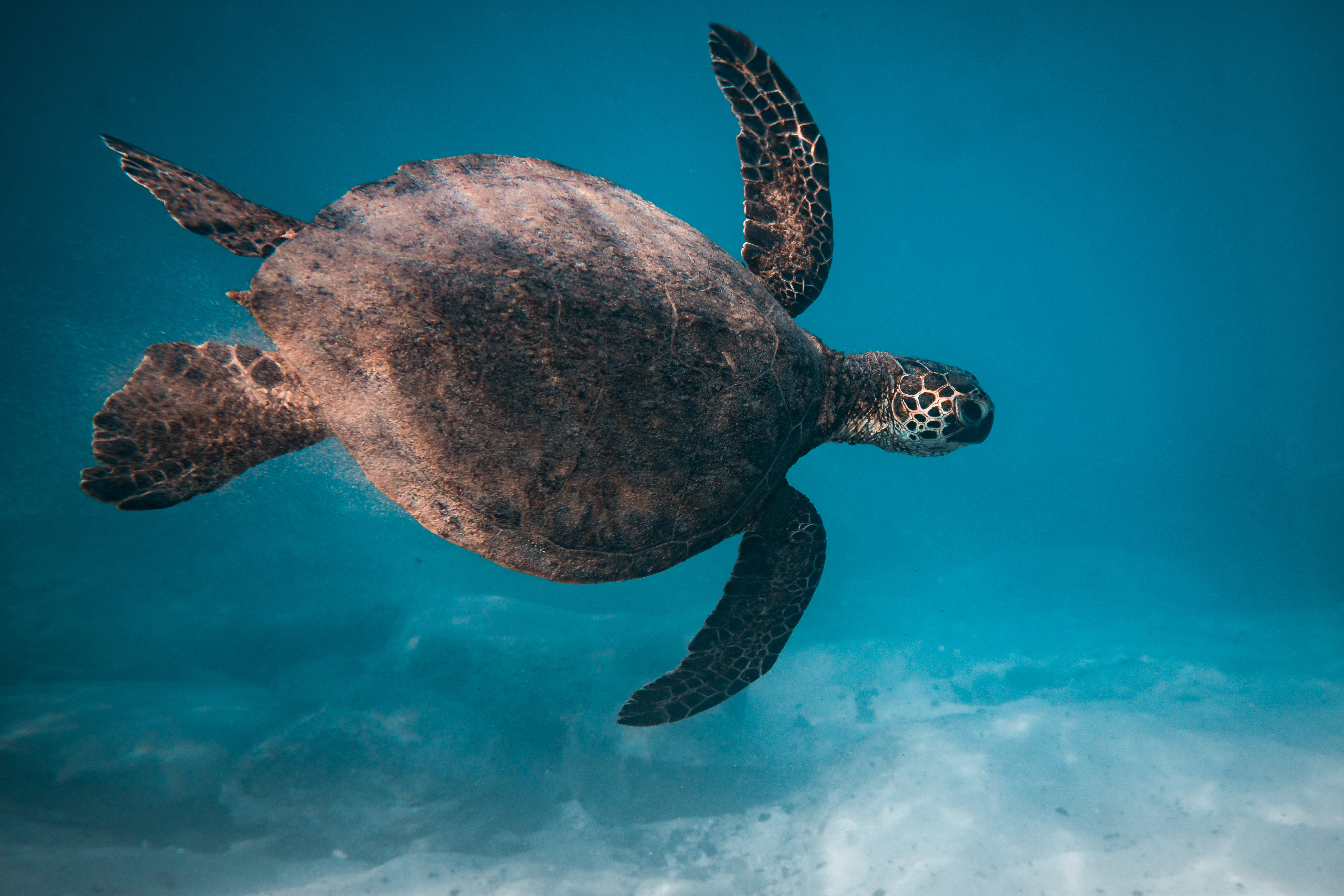Shortly before Christmas, Lviv Polytechnic researchers received good news: the project application "Atlantic and Arctic sea basin lighthouse" (PHAROS), in which our university participates, was selected for funding within the Horizon Europe program. The large-scale project with a budget of more than 10 million euros will start in the first half of 2024 and will last five years. Lviv Polytechnic will be primarily represented by the Department of Social Communication and Information Activities.
The PHAROS consortium includes 24 organizations from 11 European countries, which will work together to preserve and restore marine ecosystems and biodiversity in the Atlantic and Arctic basins. The coordinator is the Oceanic Platform of the Canary Islands (PLOCAN), Spain. Another partner from Ukraine is the Schmalhausen Institute of Zoology of the National Academy of Sciences, which our scientists will closely cooperate with to achieve the planned goals in Ukraine. Although the topic of the project is, perhaps, atypical for Polytechnic, located far from the sea coast, the expertise of Lviv scientists turned out to be in demand in the context of information, communication and coordination tasks.
An important part of the PHAROS community is its Supervisory Board, which is founded not only to advise the consortium and help it make quality decisions, but also to ensure the impact of the project at the highest level in the EU. This will be possible thanks to the composition of the Board, which was assembled thanks to its Ukrainian representative:
Yuliia Ovchynnykova – a People's Deputy of Ukraine, a member of the Permanent Delegation to the Parliamentary Assembly of the Council of Europe, a member of the International Parliamentary Alliance for the Recognition of Ecocide, Candidate of Biological Sciences.
Liliana Tanguy – a member of the French National Assembly, a member of the Permanent Delegation to the Parliamentary Assembly of the Council of Europe.
Pedro Cegonho – a member of the Parliament of Portugal, a member of the Permanent Delegation to the Parliamentary Assembly of the Council of Europe.
Simon Holmstrom – a member of the Parliament of Åland (Finland), a member of the Committee on Social and Environmental Issues and a delegation to the Nordic Council.
What is the project about? The EU has set ambitious targets to achieve its Ocean Mission, which relate to the protection and restoration of marine ecosystems and biodiversity; prevention of ocean pollution; creating a sustainable blue economy that is carbon neutral and circular by 2030. The plan for the implementation of the EU mission consists of two complex and urgent stages: the first - development and piloting until 2025, the second - deployment and expansion from 2026 to 2030. PHAROS will be a logical step that will unite both stages. In particular:
PHAROS will conduct three demonstration trials in the Atlantic Ocean using a combination of newly developed innovative NBS (Nature-Based Solutions) and IMTA (Integrated Multi-Trophic Aquaculture) technologies adapted to the local context, resulting in multiple benefits for biodiversity and ecosystem restoration;
PHAROS will also collaborate with the H2020 ECOTIP project to use and expand its results in a demonstration program to reduce invasive species in Iceland using eDNA monitoring;
PHAROS will establish Living Laboratories at the start of the project in each demonstration and replication region, ensuring the co-creation of results by all relevant stakeholders: authorities at different levels, scientists and innovators, HEIs, business and civil society representatives.
